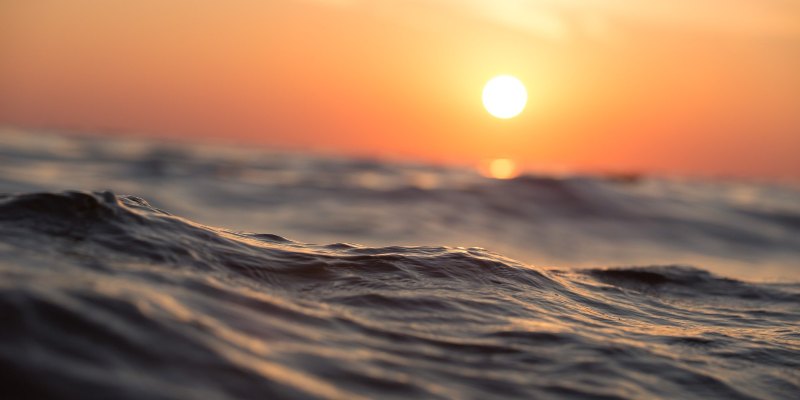Searching for new medicines in the oceans

Researchers at University College Cork (UCC) are part of a European consortium seeking to explore the largely unknown potential of the world’s oceans to protect people, animals and crops from disease.
The research project, officially entitled Marine Biodiversity as Sustainable Resource of Disease-Suppressive Microbes and Bioprotectants for Aquaculture and Crop Diseases, has been given the name MARBLES. The research team will specifically look for new antibiotics and antifungals as well as microbes that can serve as bioprotectants in agriculture and aquaculture. The European Union has awarded the project a total of €7.5m in the Horizon 2020 programme.
The marine environment remains a largely untapped and poorly understood source of natural products. Challenges include finding and identifying the bacteria and their molecules, extracting their active ingredients in a sustainable, effective way, and the commercial and regulatory difficulties of bringing a discovery from the lab to market. Synthetic chemicals currently used in pharmaceutical, agriculture and aquaculture have a devastating impact on marine life and this research is looking for sustainable solutions.
In particular, the project will assess the potential of microorganisms derived from marine sponges, microalgae and fish for disease suppression, both the microorganisms themselves and their bioactive natural products will be assessed. These disease-suppressive microorganisms will be obtained from "microbiomes", which are the complex collection of microorganisms that live in and around their marine hosts. Among other benefits, these microbes and the natural products derived from them will help to increase the efficacy of fish production, therefore reducing the pressure on harvesting wild fish, and will help the transition of the agricultural crop sector towards bio-based and circular solutions.
In the context of an increasing global population and the current climate and biodiversity crises, there is an urgent need to sustainably harness new compounds with pharmaceutical and nutritional applications. These are the issues that MARBLES will address.
Commenting on the project the UCC researchers involved Professor Alan Dobson and Dr David Clarke from the School of Microbiology and the Environmental Research Institute said that they were particularly excited about collaborating with the other 13 European partners from both Academia and Industry who are involved in the project. “Our role will be to isolate and genetically characterise disease suppressive microorganisms from the microbiome of Atlantic Salmon which can then hopefully be generated into cocktails of microbial consortia. These could then be used either within fish feed as probiotics or applied externally to boost the skin’s immune response in the salmon; thereby enhancing disease control and overall fish health. This will hopefully decrease the dependency of using antibiotics in fish aquaculture systems, thereby reducing the potential spread of antimicrobial resistance in aquatic ecosystems”.
